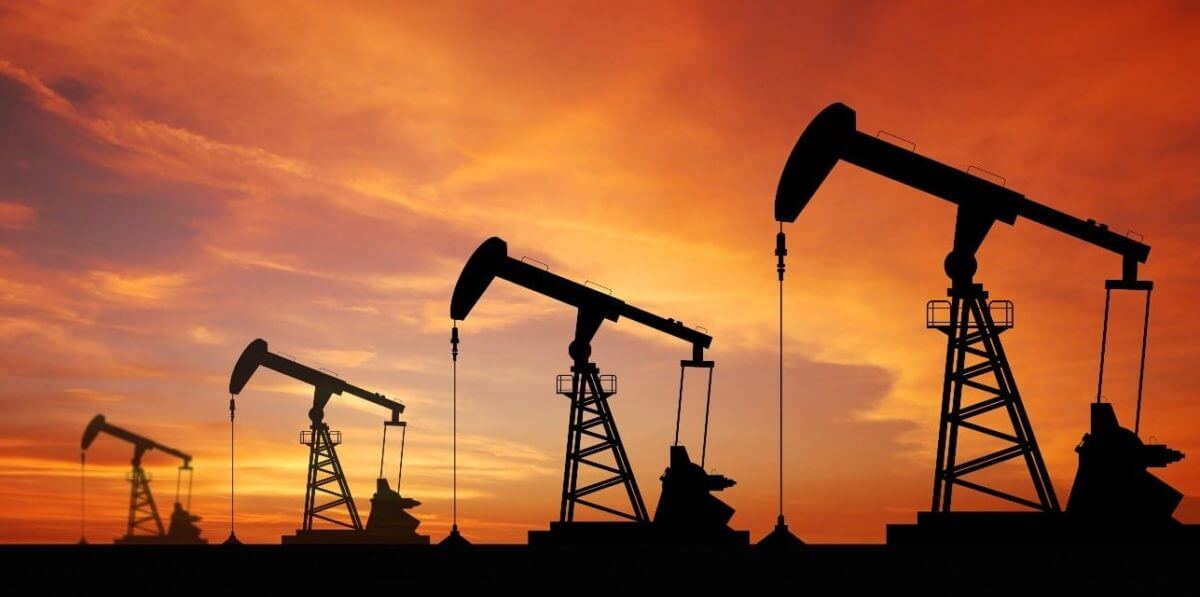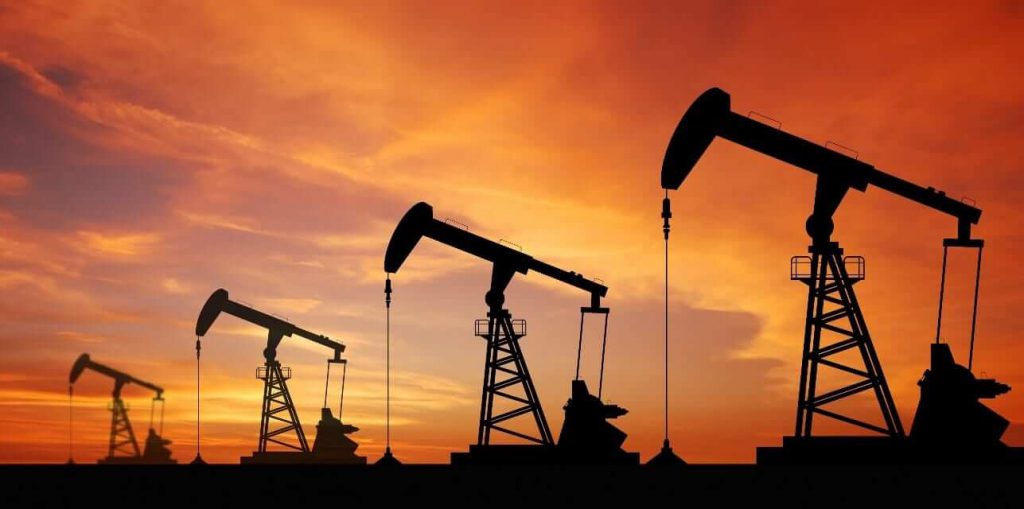
Oil Prices On a Rise Again, Is there a Rate Rise Coming?
Oil prices increased on Wednesday, regaining ground lost earlier in the day on worries about fuel demand and the broader economy ahead of the U.S. Federal Reserve’s projected rate hike.
Brent oil futures for August were up 46 cents, or 0.4 percent, at $121.63 a barrel as of 0642 GMT; after plunging as low as $120.65 earlier in the day following a 0.9 percent drop on Tuesday. The price of U.S. West Texas Intermediate oil for July increased 41 cents, or 0.3 percent, to $119.34 a barrel; after falling 1.7 percent the day before to a low of $118.22. Investors and oil dealers are bracing for a dramatic move by the Fed due to rising inflation. Investors and oil traders are bracing for a huge move by the Fed this week, with a 75-basis-point rise expected; this would be the greatest rate hike in the United States in 28 years.
Experts Explain
Leona Liu, an analyst at DailyFX, explained an aggressively hawkish signal from the (U.S.) Fed might heighten fears of a worldwide recession, dampening energy market demand. Oil prices may be especially weak versus the dollar in the short term if the Fed announces a 75-basis-point rise tonight. A hawkish Fed may push investors into safe-haven currency and punish risk-sensitive assets like oil.
On the demand side, the newest COVID epidemic in China, tied to a 24-hour bar in Beijing, has sparked worries of a fresh round of lockdowns. On the other hand, the country’s economy showed indications of recovery in May after a dip in April, as industrial production unexpectedly increased. In its monthly report, the Organization of Petroleum Exporting Countries (OPEC) maintained its projection that global oil consumption will reach pre-pandemic levels in 2022.
Jeffrey Halley, the senior market analyst at OANDA, explained that overall, the supply/demand scenario is supply-constrained; moreover, he added that he doesn’t see that changing unless the global economy slows dramatically.
Tight supply, exacerbated by a decline in shipments from Libya amid a political turmoil that has impacted output and ports, is nevertheless supporting prices.


